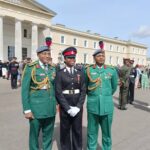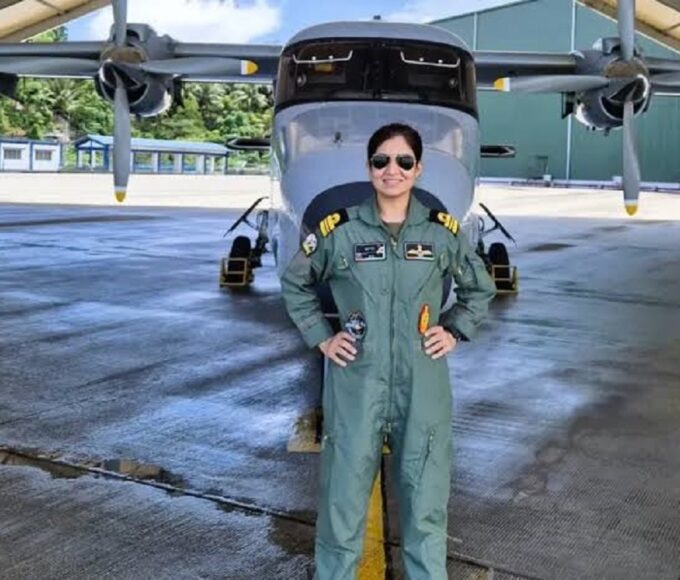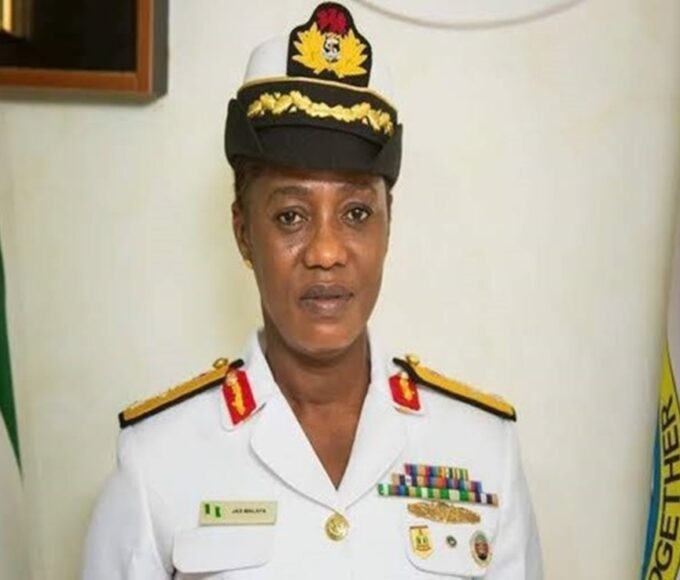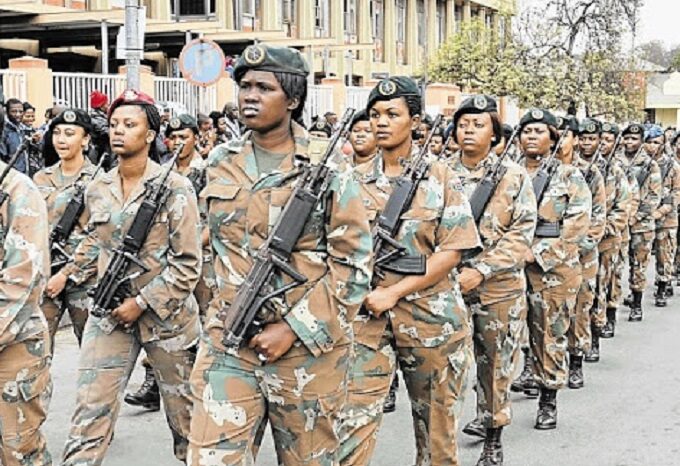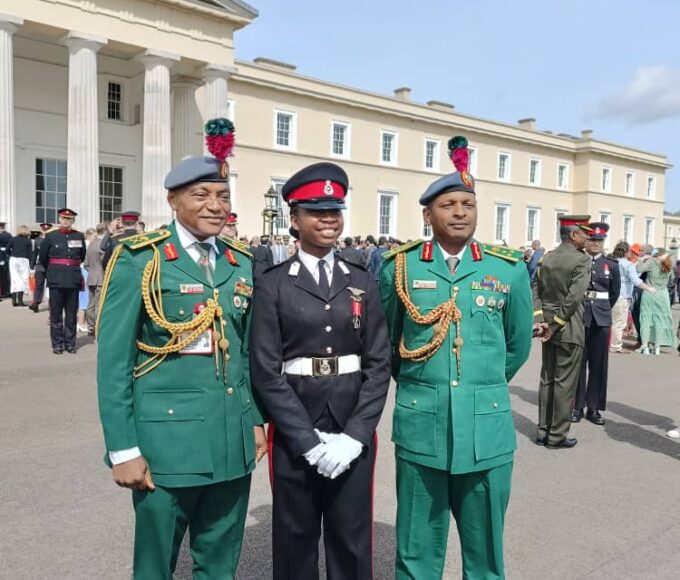Female Commanders in UN Peacekeeping: Leadership Lessons from the Ground
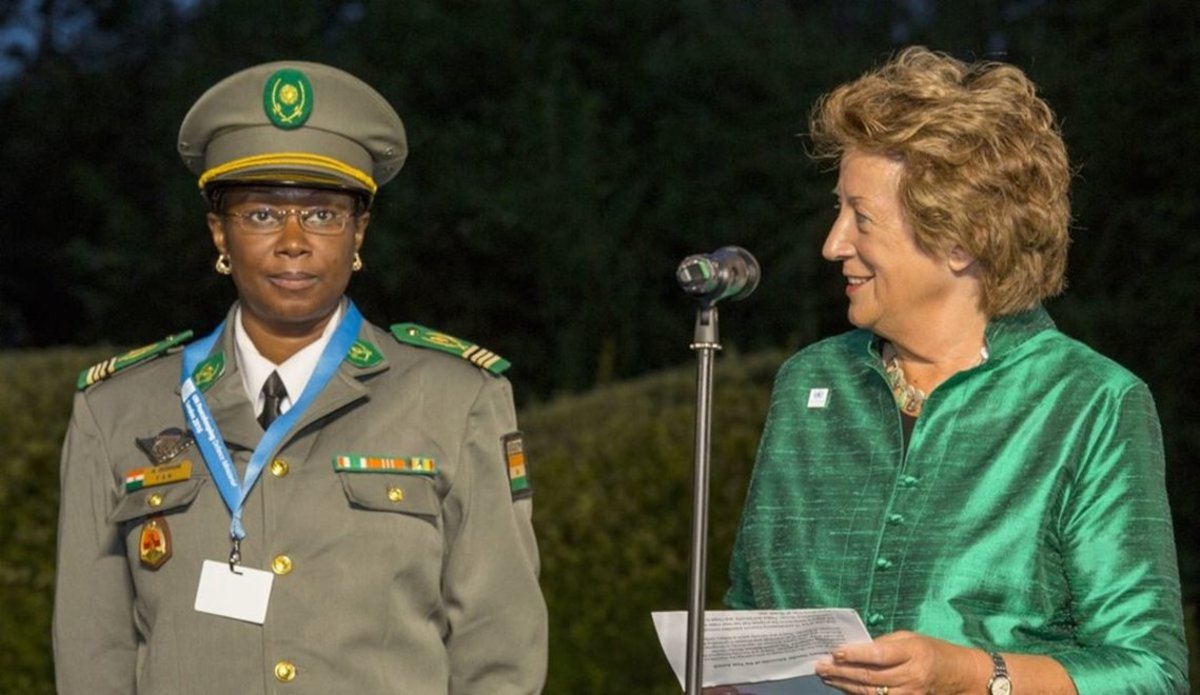
In the decades since the United Nations first deployed peacekeepers to conflict zones, African militaries have played an increasingly prominent role in stabilisation missions. Yet, one of the most transformative developments in recent years has been the emergence of female commanders leading multinational contingents in volatile environments. These leaders are not only challenging entrenched gender norms in defence institutions but are also redefining operational effectiveness on the ground.
The first African women to serve in UN peacekeeping roles were often medical staff, observers, or administrative officers in the late 1980s and early 1990s. Countries like Ghana, Nigeria, and South Africa began deploying female officers in significant numbers in the early 2000s, responding to UN calls for gender mainstreaming. The landmark UN Security Council Resolution 1325 on Women, Peace and Security (2000) catalysed further inclusion, urging member states to integrate women at all levels of peace operations, including command positions.
Today, African female commanders have served in missions from the Democratic Republic of Congo (MONUSCO) to South Sudan (UNMISS) and Mali (MINUSMA), commanding troops in some of the world’s most dangerous operational theatres.
Operational Advantages of Female Leadership
Field reports consistently show that female commanders often bring unique strengths to peacekeeping operations:
- Community Engagement: In conflict zones where cultural norms restrict interaction between male soldiers and women, female commanders are able to open channels of communication and gather critical intelligence.
- Conflict De-escalation: Studies indicate that female-led patrols can lower the risk of escalation during civilian interactions.
- Morale and Cohesion: The presence of female leaders often enhances diversity, cohesion, and mutual respect within multinational contingents.
A case in point is Colonel Regina Amedume of Ghana, who commanded a peacekeeping battalion in the Central African Republic in 2021. Her leadership style, blending operational firmness with community liaison work, earned commendations from both the UN mission leadership and local authorities.
Challenges on the Frontlines
Despite these gains, female commanders still face systemic obstacles:
- Institutional Resistance: Many African defence forces still have male-dominated command structures that slow the career progression of women.
- Deployment Barriers: Cultural attitudes in some troop-contributing countries lead to fewer women being nominated for high-command roles in peacekeeping missions.
- Security Risks: Female commanders often operate in environments with high personal security threats, including targeted harassment or violence.
Lessons for African Defence Institutions
The leadership of African women in UN peacekeeping offers valuable takeaways:
- Mentorship Pipelines: Early identification and mentorship of promising female officers can fast-track readiness for command positions.
- Gender-sensitive Deployment Policies: Governments can adopt quotas or minimum representation thresholds for women in senior mission roles.
- Training for Gendered Operational Realities: Pre-deployment training should include modules on cultural sensitivity, civilian protection, and gendered security threats.
A Strategic Imperative
As Africa continues to contribute to peacekeeping missions across the globe, the integration of female commanders is not merely a moral or symbolic act—it is an operational necessity. Their presence strengthens the legitimacy of missions, improves civilian-military relations, and enhances overall mission performance.
The leadership lessons emerging from African women on UN frontlines—discipline under fire, cultural empathy, and inclusive command—are not only reshaping peacekeeping but also redefining military leadership for the 21st century.
King Richard Igimoh, Group Editor ALO
King Richard Igimoh, Group Editor African Leadership Organisation is an award-winning journalist, editor, and publisher with over two decades of expertise in political, defence, and international affairs reporting. As Group Editor of the African Leadership Organisation—publishers of African Leadership Magazine, African Defence & Security Magazine, and Africa Projects Magazine—he delivers incisive coverage that amplifies Africa’s voice in global security, policy, and leadership discourse. He provides frontline editorial coverage of high-profile international events, including the ALM Persons of the Year, the African Summit, and the African Business and Leadership Awards (ABLA) in London, as well as the International Forum for African and Caribbean Leadership (IFAL) in New York City during the United Nations General Assembly.
Recent Posts
Categories
- Air & Aerospace17
- Border Security15
- Civil Security6
- Civil Wars4
- Crisis5
- Cyber Security8
- Defense24
- Diplomacy19
- Entrepreneurship1
- Events5
- Global Security Watch6
- Industry8
- Land & Army9
- Leadership & Training5
- Military Aviation7
- Military History27
- Military Speeches1
- More1
- Naval & Maritime9
- Policies1
- Resources2
- Security12
- Special Forces2
- Systems And Technology9
- Tech6
- Uncategorized6
- UNSC1
- Veterans7
- Women in Defence9
Related Articles
BREAKING BARRIERS IN THE SKIES
For decades, women have defied limits in male-dominated fields, but few roles...
ByKing Richard Igimoh, Group Editor ALOSeptember 19, 2025PIONEERING WOMEN IN NIGERIA’S MILITARY HISTORY
In the annals of Nigeria’s military history, women have long been underrepresented,...
ByKing Richard Igimoh, Group Editor ALOAugust 22, 2025Combat Proven: African Women in Frontline Infantry and Special Forces
The history of women in African armed forces is a story of...
ByKing Richard Igimoh, Group Editor ALOAugust 13, 2025Gender Integration and Leadership Gaps in Africa’s War Colleges
During the post-independence decades, Africa’s military academies and war colleges largely reflected...
ByKing Richard Igimoh, Group Editor ALOAugust 13, 2025






